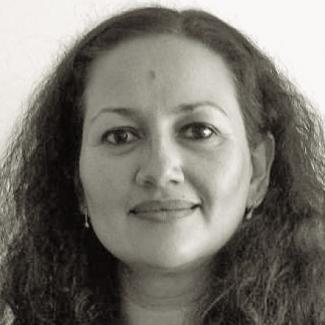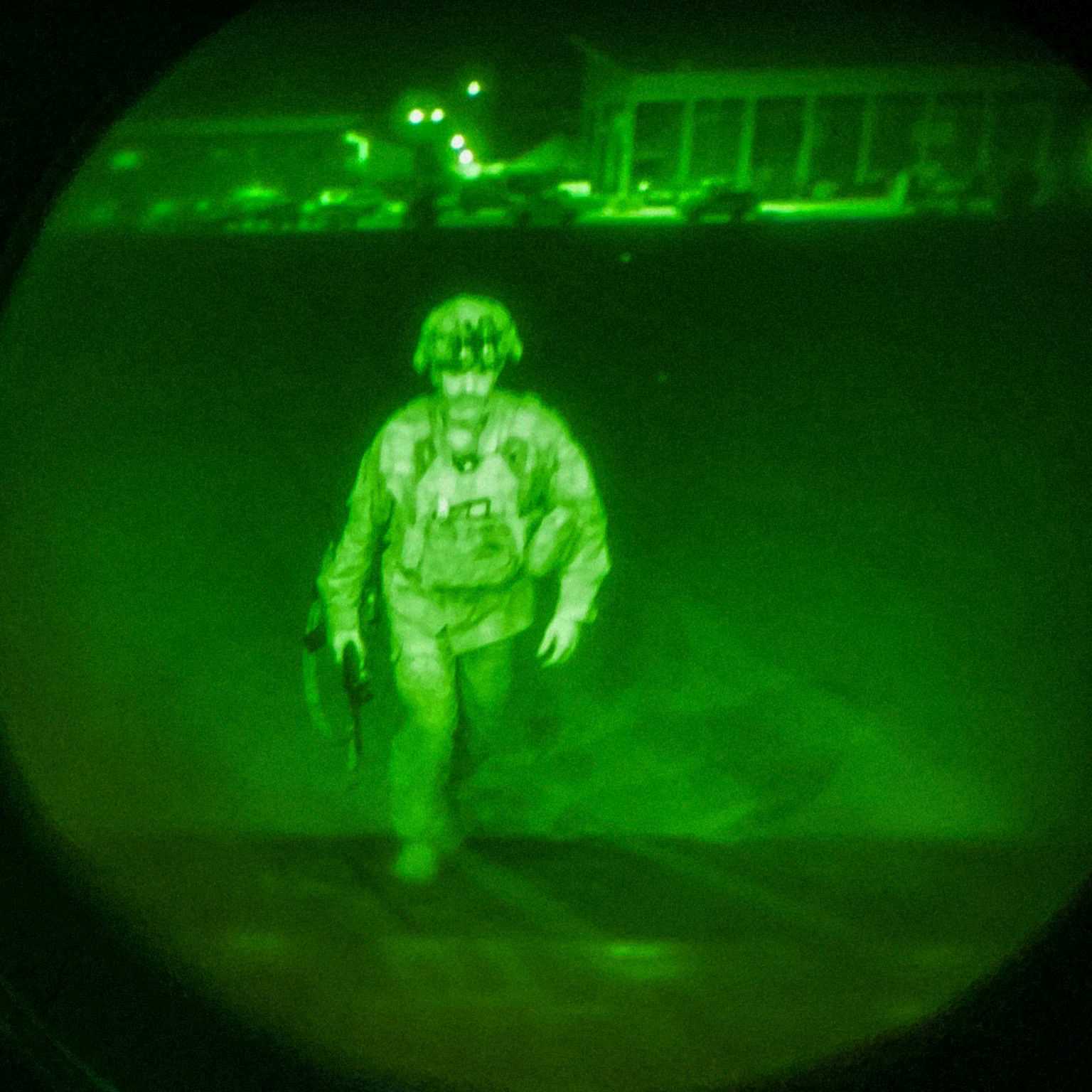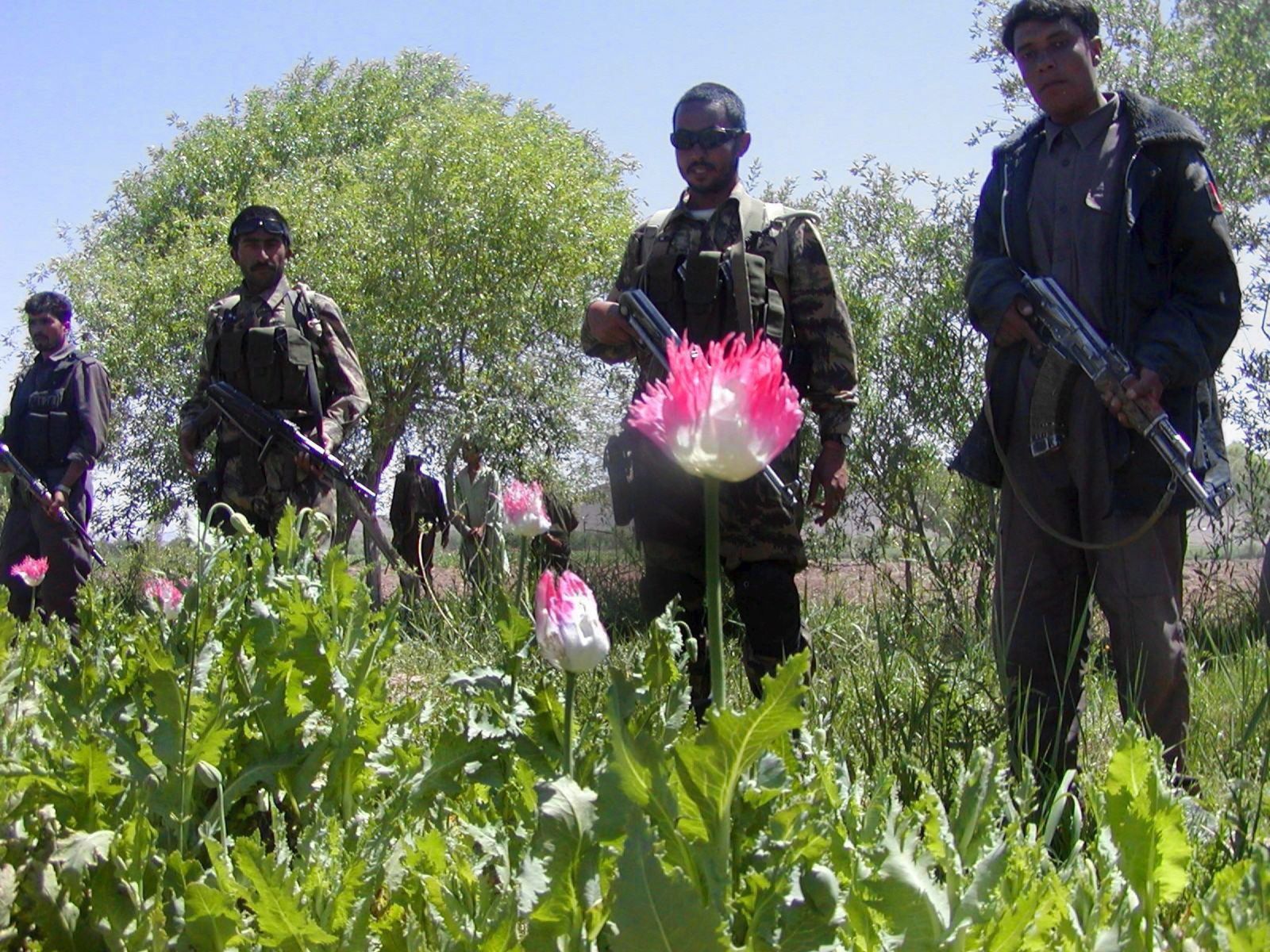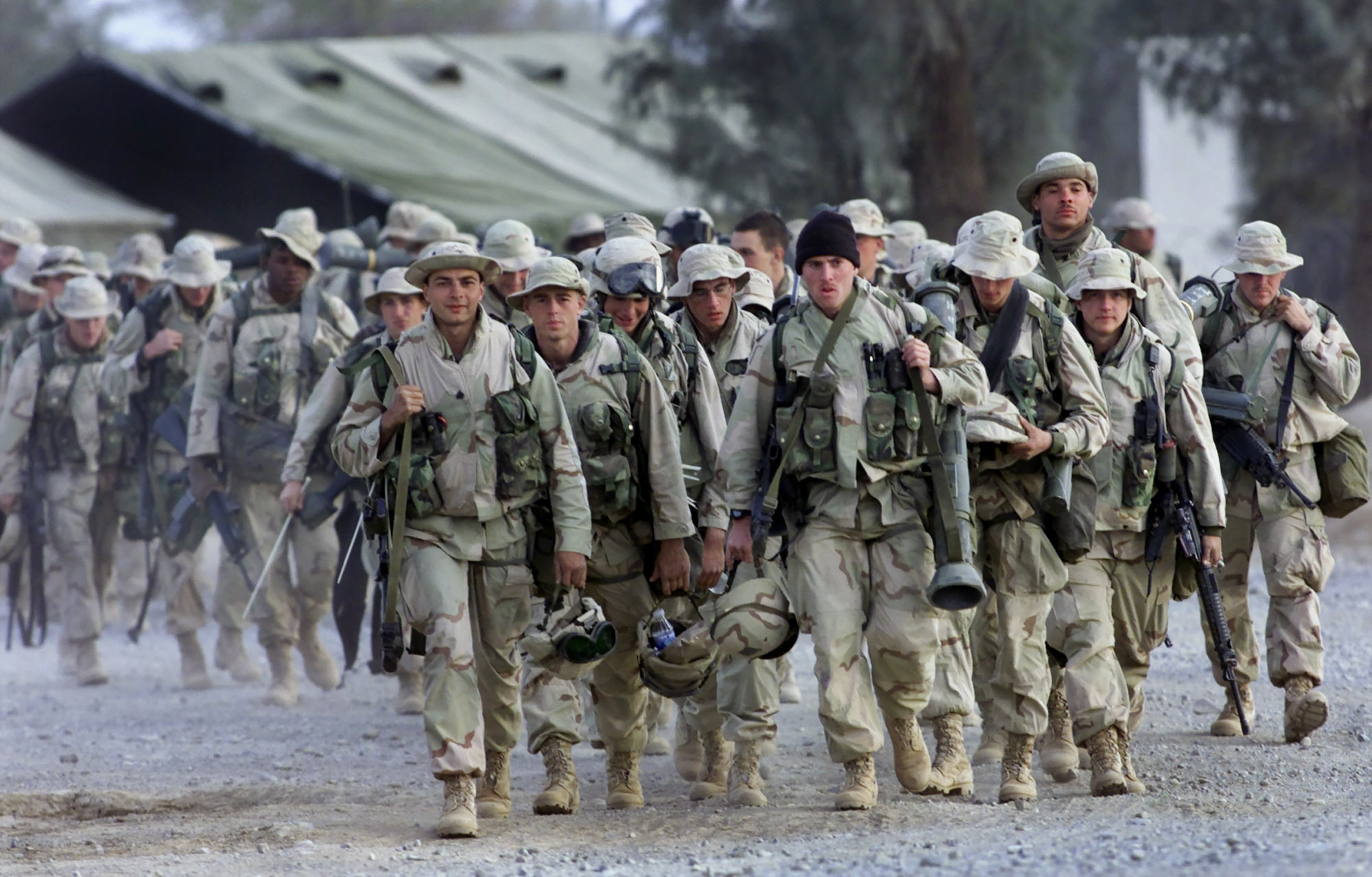Change of government
Restart needed
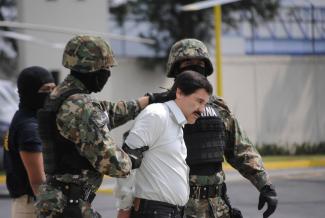
One person is killed in Mexico roughly every 15 minutes, and violence has been getting worse ever since the war on drugs was launched in 2006. So far, some 240,000 people have died, according to people close to the president-elect, who is commonly known as AMLO. 2017 was the year with the most dead, and the number for 2018 will certainly set yet another record. In August this year, the worst affected Mexican states were Guanajuato and the State of Mexico in the country’s centre, Baja California in the west and Chihuahua in the north. It is hard to tell how many deaths were directly related to the fight against drug cartels, but it is obvious that violence has escalated after the government started the war on drugs in 2006.
The goal was to regain control of the areas where organised crime holds sway. Major successes included arresting some leaders of powerful cartels. However, their power has not diminished. The cartels simply reorganised. All too often, the gangsters have more and better weapons than the security forces. They mostly get the guns in the USA and use them without restraint.
The policies of the past three presidents were drafted and implemented under considerable pressure from the USA. Washington wants Mexico to stop drugs trafficking across the border. According to a bi-national study prepared on behalf of the Mexican and US governments in 2010, Mexican cartels make an annual $ 19 billion to $ 29 billion in the USA.
Vicente Fox, who was in office in Mexico from 2000 to 2006, took initial measures to get a grip on the problem. He led the right-wing Partido Acción Nacional (PAN) and was the first president in seven decades who did not belong to the Partido Revolucionario Institucional (PRI). Fox created the Federal Investigation Agency (AFI), copying the model of the FBI in the USA. He also established the Secretariat for Public Security, which is a ministry of the federal government and has the mission to coordinate policy measures. The new institutions, however, did not succeed in uprooting the criminal cartels.
Like Fox, Felipe Calderón Hinojosa, who became president in 2006, belongs to the PAN. He took a much tougher approach. He decided to confront the gangs head on. At the time, the cartels were battling one another in an extremely violent manner, trying to get hold of specific regions. Calderón declared the war on drugs soon after assuming office, but it did not deliver the desired results, and the failure revealed serious problems within the security forces. Corruption figured prominently. It became obvious, moreover, that some officers of the institutions which are supposed to fight organised crime are actually cooperating with the gangsters.
After two consecutive PAN governments did not end drug-cartel violence, the PRI returned to power. Voters trusted it to have the experience and competence to negotiate with criminal groups and restore peace. That was not what happened however. Though Enrique Peña Nieto, who became president in 2012, promised a new approach in the fight against organised crime, he largely stuck to his predecessor’s law-enforcement strategy. He had to admit defeat in April this year, shortly before the most recent municipal, regional and presidential elections.
Once more, peace was the main campaign issue. Frustrated, angry and hurt, the people chose AMLO to be the country’s next top leader. He ran for the party Morena – the acronym stands for Movimiento de Regeneración Nacional (see my comment in D+C/E+Z e-Paper 2018/06, opinion section) AMLO will take office on 1 December. He is a harsh critic of his predecessors’ policies and wants to restore peace by abolishing corruption. He also intends to call the soldiers back to the barracks, arguing that they should not be doing the police’s job. On the other hand, he has admitted that the police do not have the capacities to handle the situation on their own, and that statement triggered a big wave of criticism.
New perspectives
Soon after he had triumphed in the elections, AMLO established a council on peace building and reconciliation. Based on its recommendations, he announced several political principles for dealing with the security issues a few days later:
- First of all, the president-elect pointed out that past approaches failed because they were based on misunderstanding the core problem. According to AMLO, the underlying issue is Mexico’s great social disparities which previous governments’ economic policies did not reduce. In his eyes, this issue never got the attention required.
- AMLO promised not to use arms to suppress the people. This statement was an implicit criticism of his predecessors’ reliance on the military, and it resonated widely. He plans to create a new, better prepared National Guard, which is to be trained by the army, but many people would prefer not to have the military involved at all.
- He announced he would free political prisoners, and a broad-based public debate erupted immediately. Proponents of the amnesty say that activists and members of the opposition deserve justice after having being falsely sentenced to prison. Opponents, however worry that AMLO’s stance may compound problems of impunity.
- Another new approach is to pay more attention to the victims of violent crime. One implication can be punishing state-agency officers who were involved in crimes.
- AMLO also wants to revisit two previously taken strategies. The first is to train the police and other security forces with a focus on human rights and peace. The second is compensating victims of crime.
- He wants to establish a permanent advisory council to tackle issues relevant to peace.
- Finally, reform is being considered in regard to Mexico’s drugs policy, which has been extremely restrictive so far.
Indeed, Olga Sánchez Cordero, who will be AMLO’s minister of domestic affairs, has already announced a reform that could be approved by mid-2019 to regulate the production and consumption of cannabis, though it would not permit the commercialisation of this drug.
During the election campaign, the Morena party, cast itself as Mexico’s hope. Now people’s expectations are very high. They want to see results fast. AMLO’s opponents, however, will try to use any little mistake he might make to regain power. The new government now has considerable – but not unconditional – political capital.
Virginia Mercado is a scholar at the Universidad Autónoma del Estado de México (UAEM) and teaches peace and development studies.
virmercado@yahoo.com.mx
